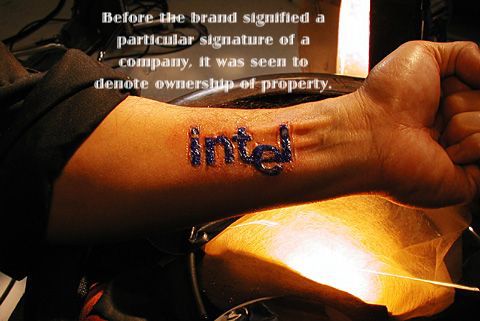How I Brand Myself
Sarah Banet-Weiser said that the brand is synonymous with the “message” of the company. In rhetoric, the message is central to communication and establishing meaning and relationships. This being said, what are companies trying to communicate to their consumers? “Buy me,” “This will make your life better,” “Get this product because then you can identify with the rest of us.”
Certainly, branding has economic motives and outcomes, but Banet-Weiser stressed that there are cultural side effects just as well. Standards of how to live and behave arise from brands, and then people are subsequently placed into respective categories based on which brands they own. A company’s name and logo aren’t the only things that build a brand though–everything from packaging to customer service also establishes the entirety of their brand.
Then, if you choose to not only purchase but stick with a particular brand, by wearing their logo you are communicating support for the entirety of that company. This can invite you into an exclusive group of people who also support that brand, but how exclusive is it. One of the most prominent brand wars in our culture right now is Apple vs. Android. Supporters of each swear by the company and vow to never switch–as if they are given an option to switch. I am an Apple user, and if I wanted to switch to Android at this point I would essentially have to start all over with all the work I have done and established. That is not freedom of choice.
The original use of the term branding was when a hot iron would be applied to typically cattle, but also slaves, to represent who owned them. I chose this image because the term branding really hasn’t changed. Banet-Weiser says in her definition of branding, “And consumption itself is part of what one is, part of the complex framework that constitutes identity.” Essentially, we cannot establish our own identity without having things and subscribing to particular brands. Although branding may not include a hot iron anymore, it might as well; because when companies see us wearing their logo, they feel that they own us.
